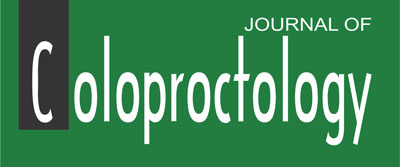Abstract
Background
Risk assessment for Lynch Syndrome may be a complex and challenging task. Demonstration of germline mutations has the benefits of confirming Lynch Syndrome diagnosis and may also provide screening and surgical orientation for affected members and relief for non-affected relatives.
Objective
The present paper aimed to critically review the criteria to diagnose Lynch Syndrome, focusing the attention on the new perspective of adopting universal screening for patients diagnosed with colorectal cancer.
Methods
We performed a literature review about the rationale and preliminary results of universal testing for Lynch Syndrome.
Results
The use of selective eligibility criteria to determine who should undergo Lynch Syndrome testing may fail in a substantial proportion of cases. Moreover, universal strategy is feasible, cost-effective and more sensitive than previous methods. However, there still exist problems regarding clinical practice implementation and compliance either by medical doctors and patients.
Conclusions
Standard guidelines for colorectal cancer screening are not ideal to provide early detection of Lynch Syndrome patients. And although universal screening has been associated with an increased identification of Lynch Syndrome patients, a successful implementation of this approach is still limited by the lack of clinical expertise among physicians, and also requires standardization of the existing protocols for routine genetic screening.
Keywords
Lynch Syndrome; Genetics; Screening; Colorectal cancer; Testing
